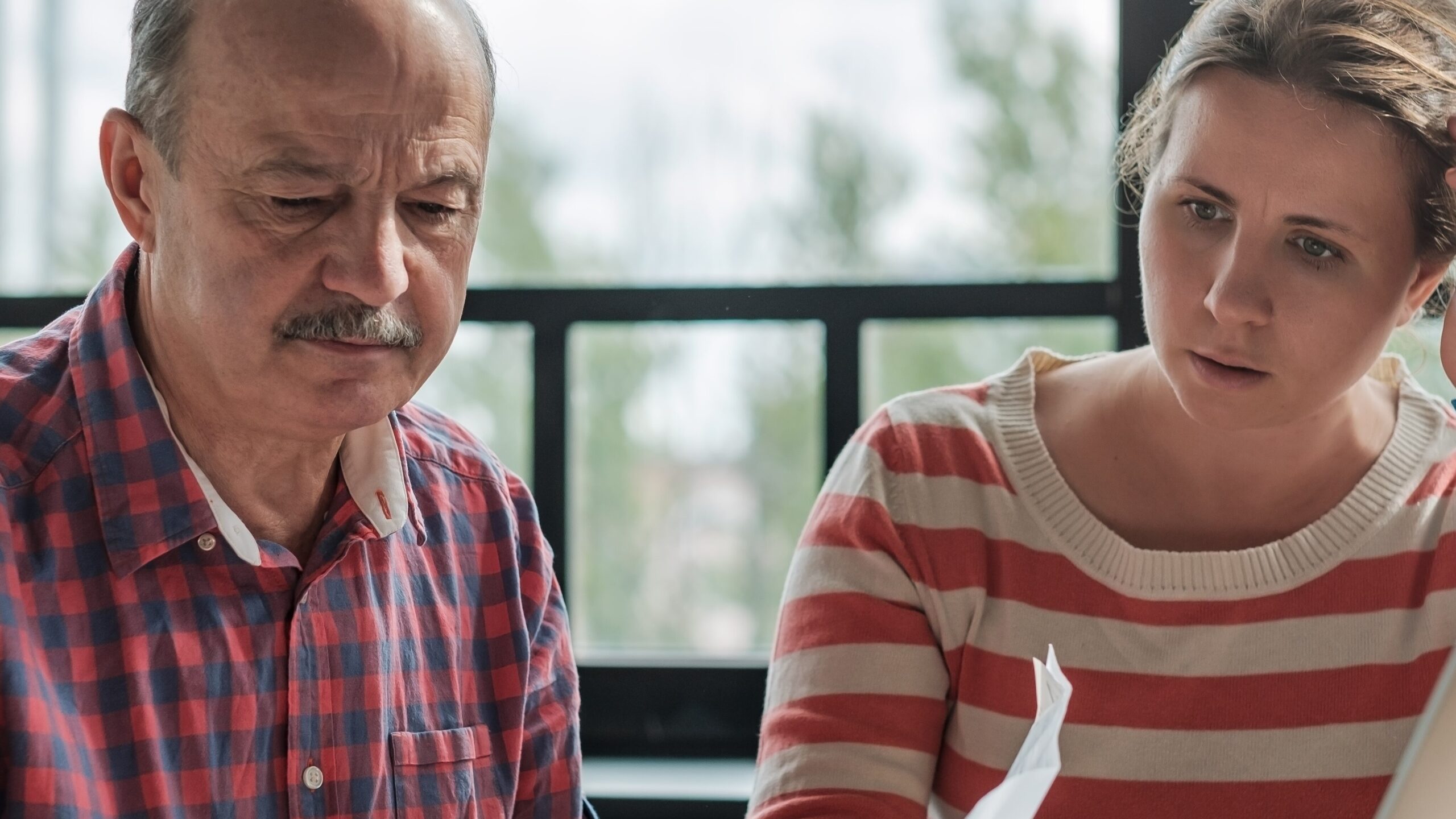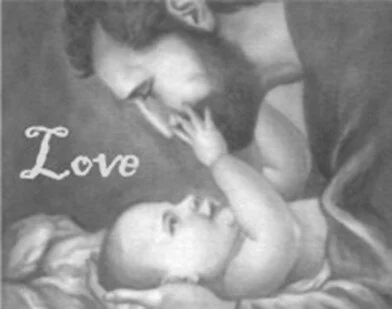I grew up in a suburb outside of Chicago named Evanston, Illinois. It was the home of Northwestern University; a neighbor of Loyola University and existed part way between Chicago and Milwaukee.
Perched on Lake Michigan’s beautiful shores, it was a reminder of the wealth that was a key part of the privilege of living near Lake Michigan’s shores. Million dollar-homes built on lake front property were reminders of the “value” of living on the lake. Sail boats, cruisers, and out-board motorboats were part of the pleasure of living on the lake.
You didn’t have to actually live on the lake to recognize the value of lake front property. You could claim that pleasure every time you walked to the lake and the beauty of water and sand, trees and walking paths came into view. Lifeguards perched on small towers watched the water for any signs of trouble. Parents sat on beach blankets at water’s edge to ensure their children’s safety.
The sun rose and set each day over a picture of affluence and well-being. This was a goal to be desired: to live near this beautiful scene of wind and water; sun and sand and the pleasures of life lived well.
I lived about four blocks west of the lake in an apartment neighborhood with an elementary school and playground nearby; houses and apartment buildings; a small shopping district and the train that ran between the city and its suburban apartment neighborhood.
The Good Life
It was a good life, uninterrupted by the challenges of crime or people who were barely able to survive financially. The suburban “culture” was preparation for an education that was surely going to provide for a safe financial future. It wasn’t “Wall Street” but it was a direction into the future with no risks in sight.
I went through the regular school curriculum: kindergarten through eighth grade and the excitement of high school. When I was sixteen, and a second-year high school student, I was ready to get a summer job and start earning some money. It was a safe, secure and easy life. No problems; no risks. Life was good. I applied for a job at a local manufacturing company and got it for the three months of my summer vacation. The first two months were easy. I learned the skills I needed; I collected my paychecks and banked them. I felt the promise of the future was at hand. I was on my way to becoming an adult and life was good.
My First Real Life Lesson
And then I learned my first real life lesson. It was 1946. The war was over and veterans were returning home to try to reclaim their lives. Some were terribly damaged by the war. Their pain was real, visible and permanent.
One of those men came to work where I had my summer job. Instead of a right arm, he had a hook attached in some way to his shoulder and as he struggled to claim a normal existence, the frustrations of his new life were almost unbearable.
My life had never encountered such personal agony. My view of the second world war was from our apartment building with its safe neighborhood and newsreel living.
Watching the devastating results of being wounded in the war was beyond anything I could imagine. The safety of my life disappeared in the wounds that were “bleeding” in front of me.
I finished the summer work. I never returned to the place of my first job.
I buried the experience until today, years later when it suddenly returned with a visibility that was undeniable. What prompted the return of this experience is a mystery. It lay dormant in my heart and spirit until the opportunity suddenly appeared to revisit this life.
War is so terrible; wounds heal but don’t go away. How dare we continue to behave as if we didn’t have a responsibility for every other human being in the world.
How can we not weep when wounds are too deep to forget?
What is my role in the healing of the world?
Who is my neighbor?
What must I never forget?
Loving God:
Direct and guide us
Toward Your Peace.
Amen and Amen.
For Reflection (either individually or with a group)
Read the blog. Read it a second time, maybe reading it aloud or asking someone else to read it aloud so you can hear it with different intonation and emphases. Invite the Divine to open your heart to allow the light of new understanding to pierce the shadows of embedded assumptions, stereotypes, and ways of thinking so that you may live more abundantly. Then spend some time with the following questions together with anything or anyone who helps you reflect more deeply.
- What was your first real-life lesson?
- Do you see yourself as having a role in the healing of the world? If so, what is it?
- Do you believe we are all connected to one another? Why?
Download a pdf including the Reflection Questions to share and discuss with friends, family, or members of your faith community small group.
View all articles by:






















